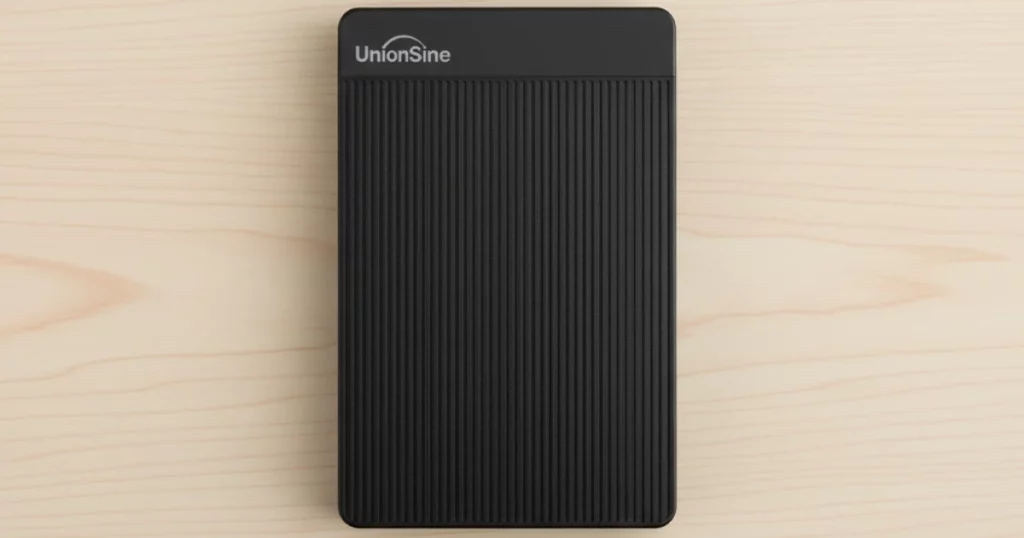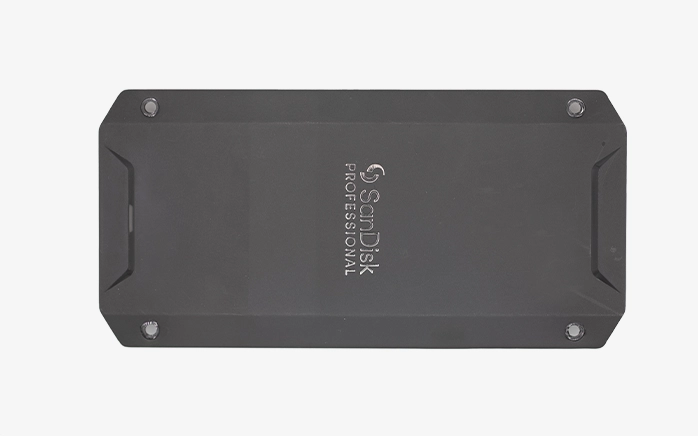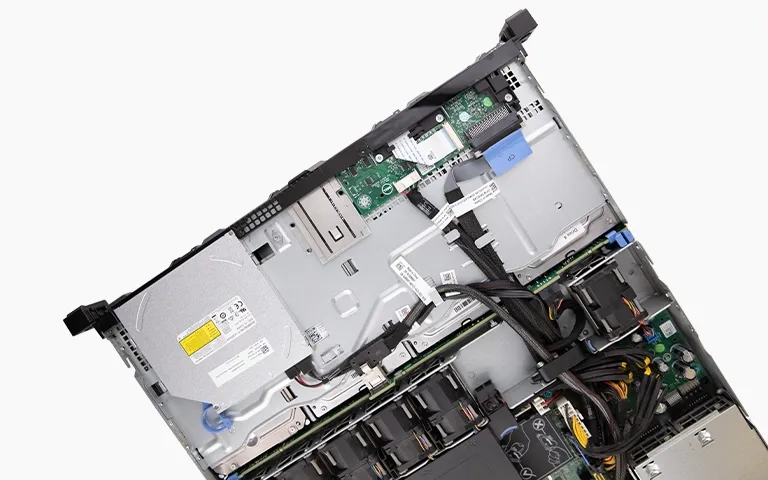Understanding and Recovering Data from Hard Drives with Bad Sectors
Bad sectors are a frequent issue in storage devices, affecting system performance and causing data loss. A bad sector is a portion of the storage medium that becomes unusable due to physical damage or logical errors. Below, we explore the types of bad sectors, their symptoms, recovery options, and the best practices to prevent further damage.
Types of Bad Sectors
Logical (Soft) Bad Sectors
Logical bad sectors occur from software issues like file system corruption, malware, or sudden shutdowns. These issues can often be repaired using disk utilities, such as CHKDSK on Windows or Disk Utility on macOS, which detect faulty areas and block data from being written there.Physical (Hard) Bad Sectors
Physical bad sectors result from hardware damage—scratches on the platter, electrical surges, or exposure to moisture. These require specialized hardware and software tools (like PC-3000 or DeepSpar Disk Imager) to extract data. Because the damage is permanent, the only option is professional data recovery or replacing the drive.
What to Do When Dealing with Bad Sectors
Handling Logical Bad Sectors
- Run Disk Checks: Use tools like CHKDSK or fsck to identify and repair logical bad sectors.
- Backup Data Immediately: If the drive is still accessible, transfer important files to another device.
- Reformat the Drive: In some cases, reformatting can resolve issues, but this should only be done after backing up data.
Handling Physical Bad Sectors
- Stop Using the Drive: Continued use can spread the damage and make recovery more difficult.
- Contact Professional Data Recovery Services: Advanced tools are needed to safely access data without causing further harm.
- Use Certified Recovery Tools: Experts employ specialized equipment, such as DeepSpar Disk Imager, to bypass bad sectors safely.
What to Avoid to Prevent Further Damage
- Don’t Install New Software: Installing software can overwrite recoverable data.
- Avoid Repeated Access Attempts: Trying to access files on a failing drive can worsen the issue.
- Don’t Open the Drive Yourself: Opening a hard drive outside a cleanroom can expose it to dust, causing irreversible damage.
- Do Not Attempt DIY Recovery for Physically Damaged Drives: This could scratch the magnetic platters, further reducing the chances of successful recovery.
Symptoms of Hard Drive Bad Sectors
- Frequent Disk Errors: Errors like “Disk not found” or “Disk not formatted” often indicate bad sectors.
- Corrupted or Inaccessible Files: Data stored in damaged areas may become unreadable.
- System Sluggishness or Crashes: Affected drives may cause long boot times, freezes, or unexpected system crashes.
- Unresponsive Drive: In some cases, the operating system may not recognize the hard drive at all.
How to Recover Data from Hard Drives with Bad Sectors
- Use Data Recovery Software: Tools like Recuva or EaseUS Data Recovery may help recover data from logical bad sectors, but they carry risks if the damage is physical.
- Transfer Accessible Data: Connect the faulty drive to another computer and copy any readable data to an external drive.
- Seek Professional Recovery Services: For critical or inaccessible data, rely on professional recovery experts with the right tools and expertise.
Our Expertise in Bad Sector Recovery
At PITS Data Recovery, we handle numerous cases involving hard drives with bad sectors. Many of these drives arrive at our lab with severe physical or logical damage, and we approach each case with care and precision. Using advanced tools such as the PC-3000, we can safely access data from compromised sectors.
Our recovery operations are carried out in ISO-certified Class 10 Cleanrooms, preventing contamination by dust or debris. With years of experience and state-of-the-art technology, we consistently achieve high success rates, even in the most challenging cases.
One recent case involved a client whose drive suffered extensive physical damage. Despite the bad sectors affecting critical files, our technicians successfully recovered 90% of the data. We carefully bypassed the damaged areas and extracted the remaining data without harming the drive further. After recovery, all files were thoroughly tested to ensure they were intact and free from corruption. Our clients trust us to handle sensitive information securely and professionally, meeting their expectations with every recovery project.
Preventing Bad Sectors in the Future
- Regular Backups: Back up important files frequently using cloud storage or external drives.
- Handle Storage Devices with Care: Avoid exposing drives to moisture, extreme temperatures, or impacts.
- Run Regular Disk Checks: Use tools like CHKDSK on Windows or Disk Utility on macOS to catch issues early.
- Use Surge Protectors: Protect your devices from electrical surges with UPS systems or surge protectors.
Conclusion
Bad sectors can disrupt your system and cause significant data loss, but prompt action and the right tools can mitigate the damage. While logical bad sectors may be repaired with disk utilities, physical bad sectors require professional intervention. Attempting to recover a damaged drive without the right equipment may scratch the platters, reducing the chances of success. Professional data recovery services offer the safest and most effective solution for retrieving valuable data, ensuring your information is securely restored.
Frequently Asked Questions
What are bad sectors on a hard drive?
Bad sectors are areas on a hard drive that are physically damaged or cannot reliably store data. They can occur due to various reasons, such as aging, manufacturing defects, or physical impact.
How do bad sectors affect my data?
Bad sectors can lead to data loss or corruption. When a file is stored on a bad sector, it may become inaccessible or contain errors. Over time, the number of bad sectors can increase, affecting the overall performance and reliability of the hard drive.
Can I recover data from a hard drive with bad sectors?
Yes, it is possible to recover data from a hard drive with bad sectors. However, the success of data recovery depends on the extent of the damage and the actions taken. It is advisable to seek professional data recovery services to increase the chances of successful recovery.
Should I attempt DIY data recovery methods for a hard drive with bad sectors?
It is generally not recommended to attempt DIY data recovery methods for a hard drive with bad sectors, especially if the data is crucial. DIY methods can potentially worsen the situation and lead to further data loss. It is best to consult professional data recovery experts who have the expertise and specialized tools to handle such cases.
What are the professional data recovery options for a hard drive with bad sectors?
Professional data recovery services employ various techniques to recover data from hard drives with bad sectors. These may include using specialized hardware and software tools, creating disk images to bypass the damaged areas, or repairing the drive to extract the data.
How can I prevent bad sectors on my hard drive?
While it is not possible to entirely prevent bad sectors, you can take some preventive measures to minimize their occurrence. Regularly backing up your data ensures you have copies in case of hard drive failure. Additionally, avoiding physical damage, keeping your system cool and well-ventilated, and running regular disk maintenance checks can help maintain the health of your hard drive.
Should I replace a hard drive with bad sectors?
If your hard drive has a significant number of bad sectors or is experiencing frequent issues, it is advisable to consider replacing it. Continuing to use a failing hard drive can put your data at risk and lead to further complications. Backup your important data and consult with professionals or your hardware manufacturer for guidance on replacing the drive.



